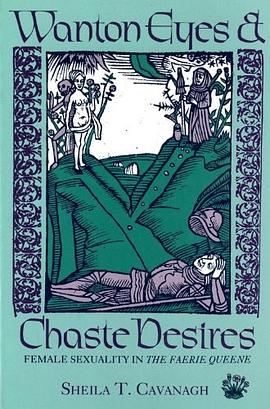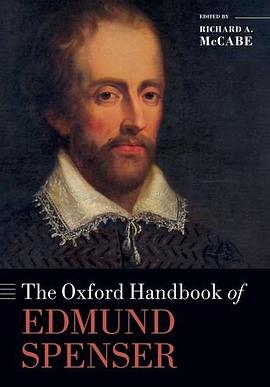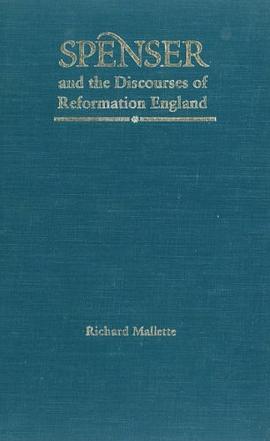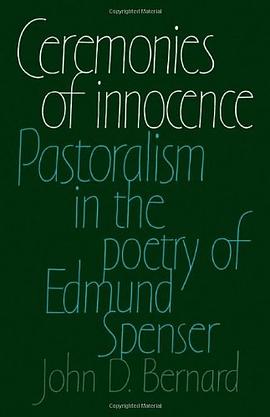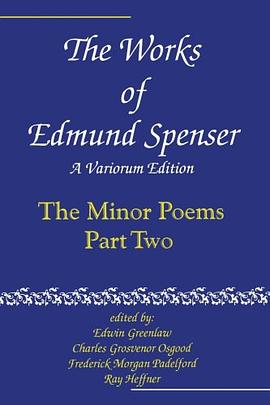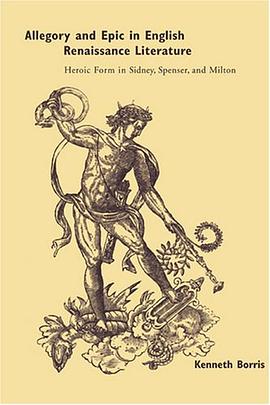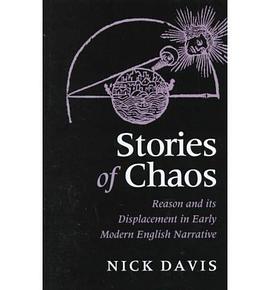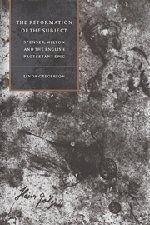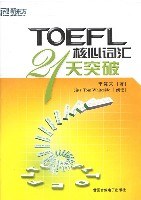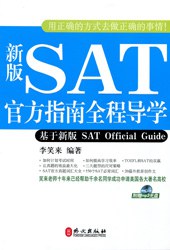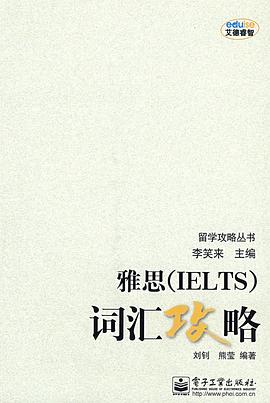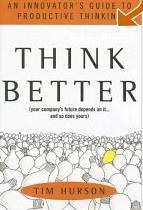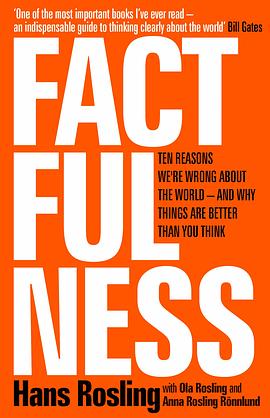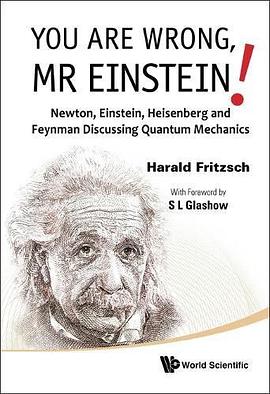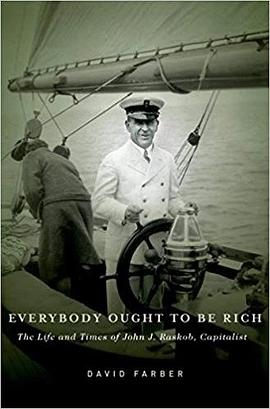An interesting work which is of some interest to students of travel literature in the Renaissance. 'Sea-Mark' concentrates on the voyage as a metaphor in English Renaissance literature, showing how the voyage served numerous functions for late sixteenth- and seventeenth-century writers. Edwards shows how different writers responded to the search for empire and wealth in their work, questioning whether such goals fostered more spiritual concerns or detracted from them. Travel simultaneously represented a loss of innocence and a chance to gain wealth and knowledge; a sign of restlessness and rootlessness and a sign of progress. Edwards explores the divided agendas of early modern English writers, especially Spenser and Marlowe, who establish modern representations of the voyage. He also shows how plays such as 'Eastward Ho!' parody the serious and scientific hopes of writers such as Bacon, and how Milton's representation of voyaging in 'Paradise Lost' depends on his reading of Richard Hakluyt and Samuel Purchas Routledge Annotated Bibliography of English Studies
· · · · · · (
收起)




